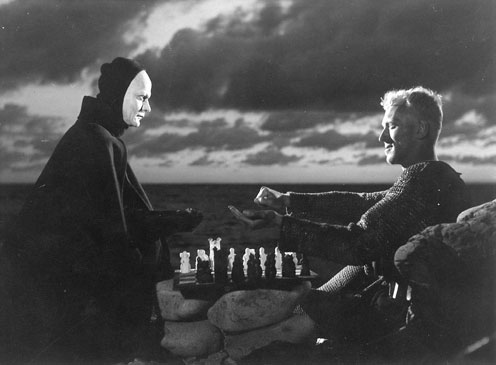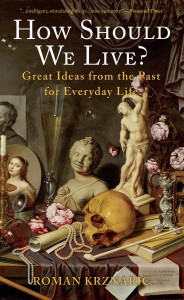Death is going digital!
In my new book Carpe Diem Regained, I describe six different ways of thinking about death that can inspire the art of living – ranging from ‘live each day as if it were for the second time’ to ‘live as if you’ve got six months left’.
As a little taster, I’ve just written about them in a new article at YES! Magazine. Embedded in the article (and in this post) you will also find the world’s first Digital Death Dice – featuring each of the six approaches – which you can “roll” online. Think of it as a modern version of Renaissance memento mori, like the skulls people used to keep on their desks as a reminder that death could take them at any moment.
Have a go with the dice, share it with a friend, and get into the habit of taking a daily Death Pause – where you spend a few minutes each day thinking about your mortality.
In other book news:
- Forbes Magazine just chose the US edition as one of the “13 Best Books for Summer 2017”. I can’t say that I regularly read this bible of American capitalism, but I was pleased to be on a list with the great sci fi writer China Miéville and his book October, a history of the Russian revolution
- BBC Culture wrote a really great review of the book
- This Amazon review has my favourite line so far: “Reading this book gave me a much needed kick up the @ss.” I challenge you to match this in a review of your own!
That’s all for now. Time to Seize the Summer!
Roman



